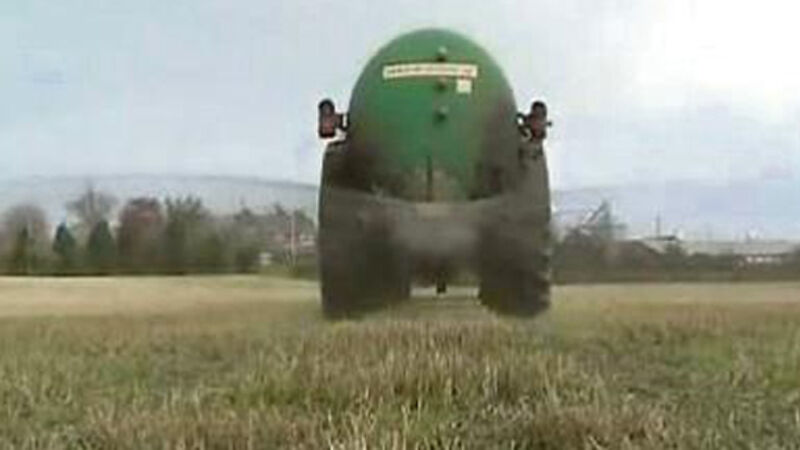Nitrate derogation clampdown

Greater nitrogen use efficiency, and trailing shoe slurry application, will be introduced this month on more intensive farms, according to Agriculture Minister Michael Creed.
He said these are among measures recommended by an expert panel in a ‘voluntary’ review by his Department in 2019 of the Nitrates Derogation.













